“Maybe this is not a popular thing to say, but I want to say thank you to President Trump. I mean remember last year when it seemed like the Oscars were racist?” (Laughter from the audience) “That’s gone, thanks to him.”
It will be a while before the dust settles down on the world’s most high-profile goof-up at the world’s most high-profile film awards show. When we have all exhausted our arsenal of jokes on the Moonlight-La La Land mix-up in the final moments of Oscars 2017, it would serve us well to dwell on comments like the one above from the evening’s host, Jimmy Kimmel. The unrelenting barrage of contempt Kimmel directed all night at US President Donald Trump, should cause every Indian to introspect about our own contrasting reality.
That extract from Kimmel’s opening monologue reproduced in the first paragraph was the beginning of a love affair that lasted all night.
“…And of all the ‘great actors’ (he gestured air quotes) here in Hollywood, one in particular has stood the test of time for her many uninspiring and over-rated performances,” he continued, as the telecast cut to Meryl Streep in the front row, in a clear reference to the acting legend’s scathing Golden Globes speech on Trump’s inhumanity (without naming him), which prompted the President to tweet that she is “one of the most over-rated actresses in Hollywood”.
Kimmel would not give up. “Meryl, stand up if you would,” he called out to the woman who ranks as one of the most acclaimed artists on the planet. “Everybody, please join me in giving Meryl Streep a totally undeserved round of applause, will you?”
And as they gave her a standing ovation, “The highly overrated Meryl Streep, everyone.”
“We’re gonna have fun tonight. I hope we’re going to have fun tonight,” he added, looking at Streep, perhaps, and asking: “Nice dress, by the way. Is that an Ivanka?”
Having now mocked Trump for his overt promotion of his daughter’s designer line after he took oath as President, Kimmel appeared to change track. “This is exciting… It’s important that we take a second to appreciate what is happening here. We’re at the Oscars! The Academy Awards! You’re nominated! You got to come! Your families are nominated! Your friends! Some of you will get to come up here on the stage tonight and give a speech that the President of the United States will tweet about in all caps during his 5 am bowel movement tomorrow!”
Funny, no doubt. But make no mistake about it: this is dead serious stuff.
Kimmel’s comments were beamed into Indian drawing rooms in the shadow of the debate raging here on free speech in universities, and the violence, allegedly by RSS’ students’ wing ABVP, aimed at stopping a seminar at Delhi University’s Ramjas College last week. In the aftermath of the aggression, Lady Shri Ram College student Gurmehar Kaur received rape threats on the social media, allegedly by BJP followers, for her viral video condemning ABVP.
The world’s largest and second largest democracy, India and the US have more in common now than in the past. Both are headed by a right-wing leadership. Both governments stand accused of being hostile to minorities and opposed to dissent. President Trump is currently on a warpath with the liberal press in America. In India, Prime Minister Narendra Modi avoids journalists except in controlled situations, and since his party came to power at the Centre in 2014, it has gone to great lengths to undermine the institution of the free press by various means, ranging from outright violence by its supporters to Union Minister VK Singh’s diligent effort to popularise the socially insensitive, misogynistic epithet “presstitutes” for mediapersons critical of the government.
Streep’s speech lambasting Trump was celebrated worldwide, prompting many members of the Indian media and public to ask: why does the Indian film industry not have a Meryl Streep? A valid question, of course. In fairness to Indian movie stars though, it is just as important to simultaneously ask: could an Indian star of Streep’s stature get away with skewering Modi? And as we watched Kimmel’s Trump parade just hours back: would celebrity hosts of Filmfare and other glamorous film awards functions be spared if they slammed Modi the way Kimmel slammed Trump through the Oscars?
The answer is more complicated than you might assume: we do not know for sure, since mainstream stars almost never try it. Commercial Indian film stars tend to play it safe on contentious political and social issues. Even among those who speak up on sensitive subjects, a direct offensive against ruling parties, prime ministers and chief ministers has been uncommon for decades now, irrespective of which party is in power.
A rare exception would be the Malayalam film industry’s recent united front against Kerala’s ruling Left alliance regarding the law and order situation in the state, after a Mollywood actress was sexually assaulted. Another exception was Bollywood stalwart Dev Anand who took on Prime Minister Indira Gandhi in the 1970s during the Emergency, even forming a political party of his own. These instances apart, for a country that has produced many successful movie-stars-turned-politicians (the most significant of them being Kollywood’s MG Ramachandran and J Jayalalithaa and Tollywood’s NT Rama Rao, who went on to become chief ministers of their respective states), it is ironic that stars who are not members of political parties tend to avoid confronting the establishment and do not dream of specifically criticising PMs or CMs.
This cautious attitude could partly be attributed to cowardice, a condemnable culture of idolatry and a widespread belief that it is not the job of stars to have political opinions, and partly to genuine fear of psychological and physical assaults. After all, the few Indian stars who have spoken up on controversial political issues have been harassed and/or their business interests harmed and/or been subjected to abuse, threats or violence. Among mainstream stars, therefore, silence has become the default mode, more so in the present than ever before.
Look no further than the manner in which Bollywood superstars Aamir Khan and Shah Rukh Khan have been harangued and communally profiled by right-wing forces for over a decade for having a point of view. Aamir’s support to the Narmada Bachao Andolan in 2006 led to outrage from Gujarat’s ruling BJP and an unofficial ban on Fanaa’s release in the state (where, incidentally, Modi was chief minister at the time) with theatre owners expressing an inability to ensure the security of patrons if they screened the film.
Aamir continued to intermittently speak up on various issues, including the Bhopal gas tragedy (which happened when the Congress was in power in Madhya Pradesh and at the Centre), but disciples of the BJP and Modi have, since 2006, viewed him with suspicion.
Through his TV show Satyamev Jayate launched in 2012, Aamir highlighted numerous Indian social evils, yet in 2015 the Central government headed by BJP accused him of marring India’s reputation when, in response to a question at the Ramnath Goenka journalism awards in Delhi, he spoke of a prevailing climate of intolerance in the country. Soon after, Aamir ceased to be the face of the Union Tourism Ministry’s Incredible India campaign that he had fronted (free of cost, it was later revealed) for almost a decade.
Tourism Minister Mahesh Sharma insisted that the timing of the development was a coincidence. However, former bureaucrat Amitabh Kant, who is now Niti Aayog’s CEO and remains a driving force behind Incredible India, was quoted in the press as saying this about Aamir on the sidelines of an event in Gujarat in January 2016: “A brand ambassador promotes a brand. People will come to India and tourist flow will increase only if the brand ambassador of Incredible India promotes India as incredible India. But if the brand ambassador of India says India is intolerant, he is surely not working as a brand ambassador of India… He is damaging the brand identity of the country. People will not come to India after hearing him. An ambassador has to promote the brand, he is not supposed to destroy the brand. The brand ambassador must be the best brand ambassador for promoting and marketing India, he cannot be the destroyer of the brand.”
Kant is yet to explain how Aamir’s critique of intolerance was any different from his critique of other social ills that ail India on multiple platforms including Satyamev Jayate throughout his time endorsing Incredible India. Perhaps what cannot be stated is that intolerance has been directly attributed to the BJP by leading liberals, unlike female foeticide, spurious medicines, Bhopal or other causes Aamir has espoused over the years.
As Aamir’s exit from Incredible India was being planned, BJP acolytes also ran a social media drive pestering the e-commerce company Snapdeal to sever ties with Aamir as its brand ambassador. Snapdeal succumbed in January 2016. Defence Minister Manohar Parrikar later spoke at a public function about the episode, reported thus in The Indian Express :
On 30 July this year, Defence Minister Manohar Parrikar, without mentioning Aamir Khan, spoke about an “actor” and an online trading company. “I am only trying to point out… If anyone speaks like this, he has to be taught a lesson of his life,” Parrikar said at a book launch in Pune. He called the actor’s statement “arrogant” and then added, “some of our people are very smart, I know. There was a team working on this. They were telling people you order and return it… The company should learn a lesson, they had to pull his advertisement.”
In her book I Am A Troll: Inside The Secret World of the BJP’s Digital Army, journalist Swati Chaturvedi cites a former member of BJP’s IT cell who provides WhatsApp messages to support her claim that the party’s then IT cell chief Arvind Gupta spearheaded the strategy to get Snapdeal to terminate their relationship with Aamir. Gupta denies the allegation.
Shah Rukh Khan – another mainstream star who has, on occasion, been open about his political views – has met with a similar fate. The virulent communal trolling of Shah Rukh began online in 2009-2010, when he expressed concern that no Pakistani player had been purchased by an IPL team that year. The right-wing Shiv Sena threatened to stall the release of his next film My Name Is Khan (MNIK), since he rejected their demand that he apologise for his statement. Violence was reported at some halls where the film was to be shown, prompting the state government to provide security to all theatres releasing MNIK. Shah Rukh’s refusal to bend made him perhaps the first Bollywood celebrity to explicitly oppose the Sena’s bullying.
The social media venom against him reached stratospheric levels though, when he too spoke of an environment of intolerance in the country in 2015. Since then, supporters of the ruling BJP have invaded online spaces for discussions on cinema, incessantly exhorting critics and the public to boycott “Muslim actors” Aamir and Shah Rukh and bullying those who do not praise “Hindu actors” Ajay Devgn, Akshay Kumar and Hrithik Roshan.
BJP acolytes point out that films and filmstars have come under fire repeatedly in the past too. This is true, and the BJP’s main rival in particular, the Congress, must take responsibility for not having always ensured the safety of art works and artists across all fields in the years that they were in power since 1947. This fact is exemplified by the ban on the import of Salman Rushdie’s Satanic Verses by Rajiv Gandhi’s government. It would be incorrect though to suggest an equivalence between the two parties, which brings me to the point made earlier in this column, that stars are more fearful of speaking up now than ever before, even without the declaration of an Emergency. The difference between the past and post-2014 India is the open involvement of the ruling party in the targeting of dissenting film stars – Parrikar’s boast about the “lesson” taught to Aamir being a case in point.
And so we return to our original questions: Could an Indian star of Streep’s stature get away with skewering Modi? Would celebrity hosts of Filmfare and other glamorous film awards functions be spared if they slammed Modi the way Kimmel slammed Trump through the Oscars?
Answer: Movie stars are the most high-profile and wealthiest of Indian artists. They therefore see themselves as having the most to lose. Not that their life and liberty is of any greater value than the life and liberty of artists in other fields who have suffered attacks, but they seem not to see it that way. Mainstream Indian movie stars rarely if ever directly speak up against the ruling party or government heads, therefore a firm conclusion either way is not possible. However, the retribution against Aamir and Shah Rukh although they did not pointedly mention any party or individual in their comments on intolerance, is proof that our stars operate in a very different context from Streep or Kimmel.
When American celebs taunt Trump, they do so with the reasonable confidence that they will not suffer physical violence as punishment, in a country where free speech is protected far more than it has ever been in post-Independence India. That said, Mollywood’s recent stance on safety for women in Kerala worked because no star spoke in isolation, which shows that the likes of Aamir and Shah Rukh would be far safer if others joined them. Instead, what we get is abject apologies from their colleagues in similar circumstances or, at best, silence. The behaviour of Indian celebritydom in this respect is best characterised by what BJP veteran L.K. Advani said of the Indian media during the Emergency: “when asked to bend, they crawled.”
The fault, dear Brutus, is not in our stars alone / but in ourselves, that we are underlings of the establishment. The fault is in our stars but not only in them. It is in our politicians too, in the bendable media, and in a widely held belief among politicians and the citizenry that stars should know their place – that place being, to entertain us but otherwise keep their mouths shut. As we praise Streep and Kimmel, let us think about that too.


)




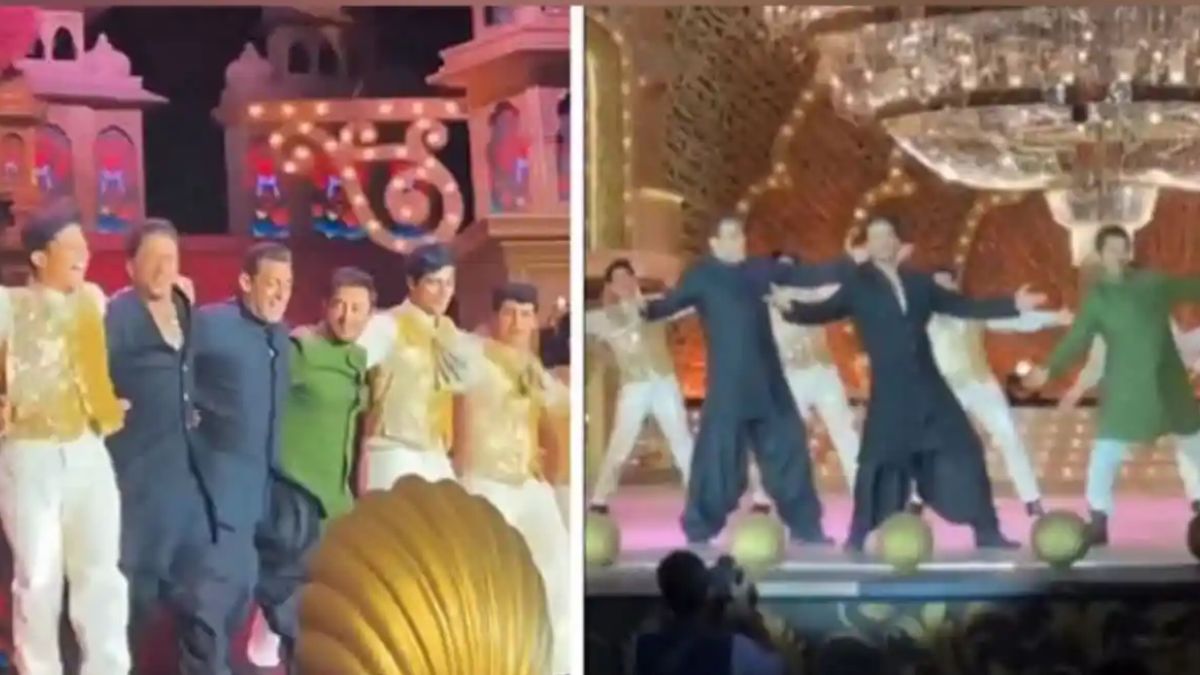)
)
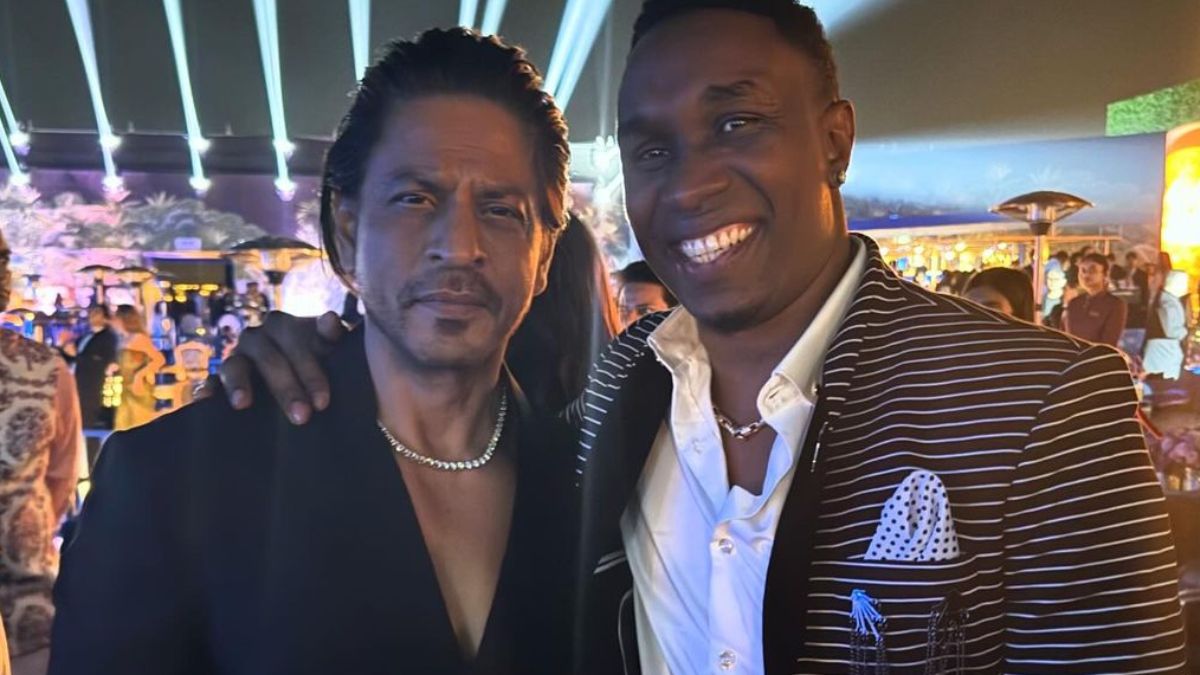)
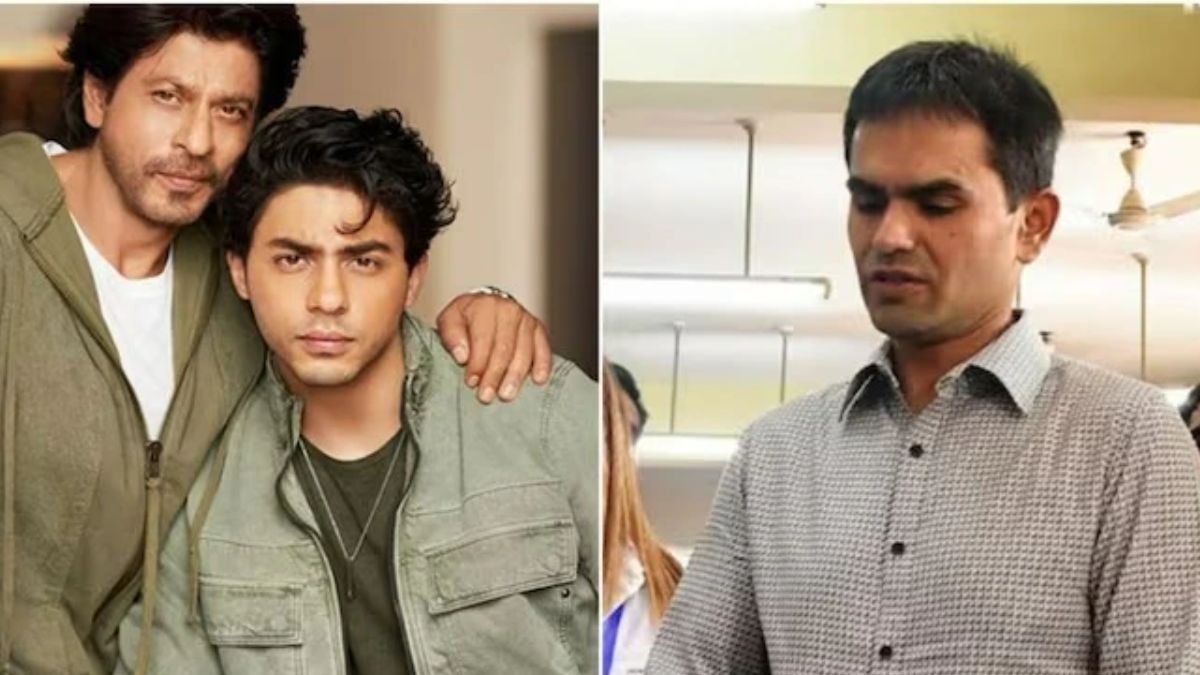)
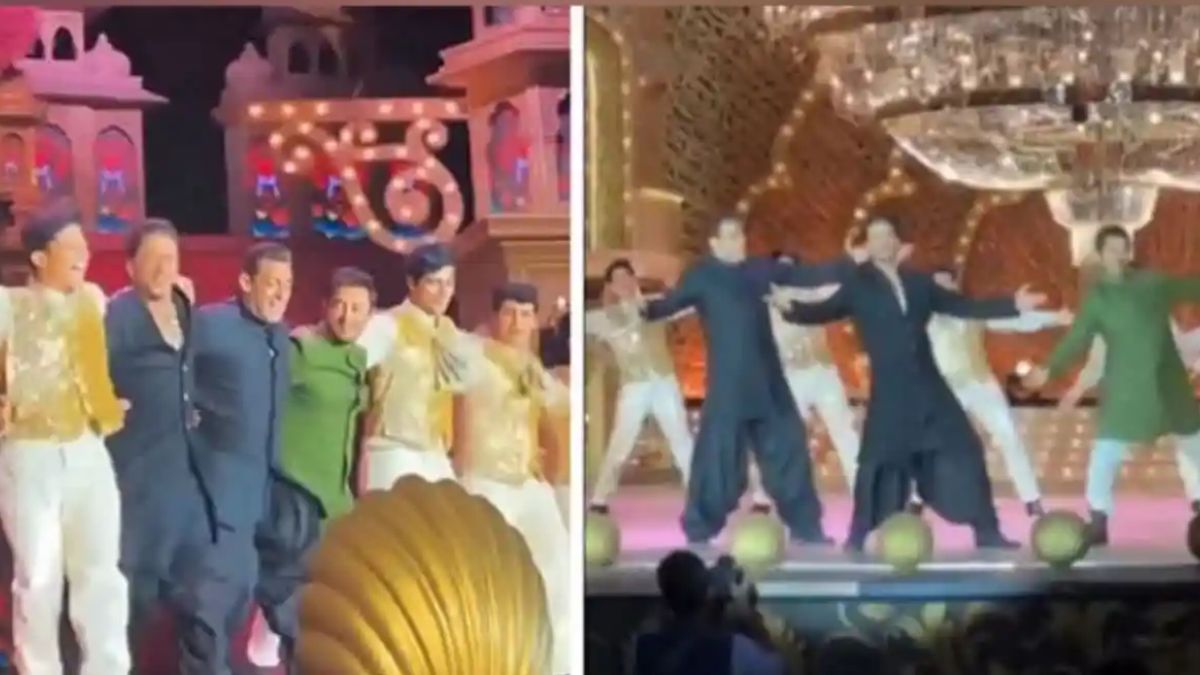)
)
)
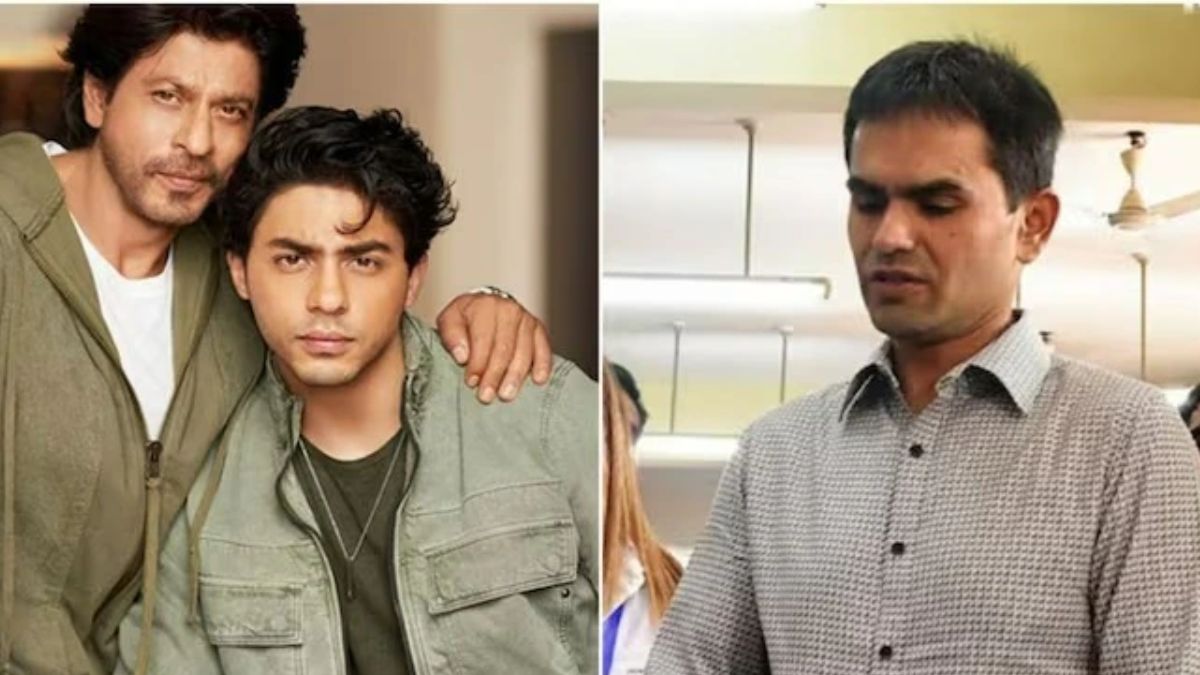)